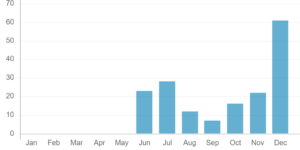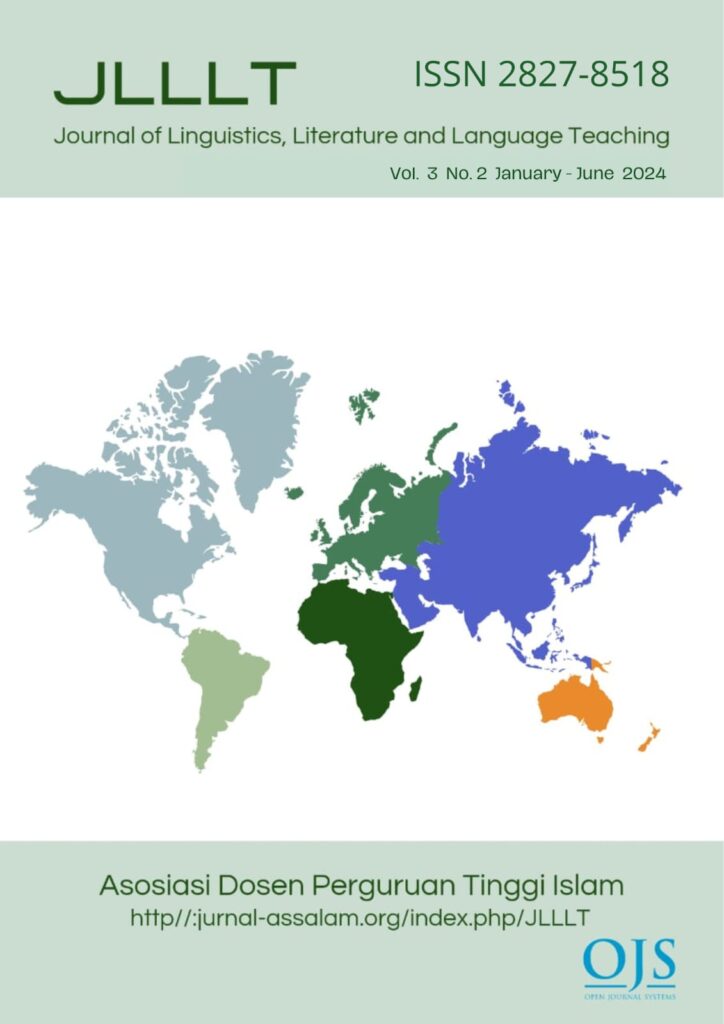The Impact of Standardized Teaching Methodologies on Student Learning and Teacher Autonomy in Ghanaian Schools
Abstract
This study examines the impact of standardized teaching methodologies on student learning and teacher autonomy within the Ghanaian educational context. A mixed-methods approach was employed, integrating quantitative analysis of student performance data from standardized tests with qualitative insights gleaned from semi-structured interviews and classroom observations of teachers and administrators, alongside a broader survey of teacher perceptions. Quantitative findings indicated that standardized teaching methodologies were associated with improved student performance on standardized assessments. However, qualitative data revealed a complex landscape where teacher autonomy and the ability to provide culturally relevant instruction were seen as potentially compromised by the structure of standardized curricula. The study’s qualitative themes highlighted the dual-edged nature of standardization, with teachers expressing a need for both the guidance and constraints that standards provide. Professional development emerged as a critical factor, with teachers seeking ongoing support to effectively implement standardized teaching methodologies. The research underscores the importance of balancing the clarity and structure of standardized teaching with the flexibility necessary for teachers to meet the diverse needs of their students. It also emphasizes the need for culturally responsive teaching practices and the provision of continuous professional development opportunities for teachers. It suggests that while standardized teaching can enhance student performance, it must be implemented in a manner that supports teacher autonomy, adaptability, and professional growth to achieve the best outcomes for all students.

Keywords
References
Biesta, G. (2015). What is education for? On good education, teacher judgement, and educational professionalism. Educational Philosophy and Theory, 47(3), 300-316.
https://doi.org/10.1080/00131751.2013.802972
Ball, D. L., & Forzani, F. M. (2018). What do we know about the preparation of teachers of mathematics and science? Academy of Management Perspectives, 32(1), 65–81.
https://doi.org/10.5465/amp.2015.0108
Biesta, G. J. J. (2018). The beautiful risk of education. Journal of Philosophy of Education, 52(4), 609–626.
https://doi.org/10.1111/1467-9752.12341
National Research Council. (2000). How people learn: Brain, mind, experience, and school: Expanded edition (pp. 1-350). Washington, DC: The National Academies Press.
Buchanan, J. (2012). Improving the quality of teaching and learning: A teacher-as-learner-centred approach. The International Journal of Learning, 18(10), 345–356.
https://ijl.cgpublisher.com/product/pub.30/prod.3341
Carey, K., & Dimmock, C. (2022). Leadership for professional learning: A systematic literature review and capacity-building framework. Professional Development in Education, 48(5), 883–902.
https://doi.org/10.1080/19415257.2020.1844209
Darling-Hammond, L. (2018). Teacher education and the American future: A response to the critics. Journal of Teacher Education, 69(5), 509–517.
https://doi.org/10.1177/0022487118759877
Darling-Hammond, L., Wilhoit, G., & Pittaway, E. (2021). Accountability for teacher education: What matters most. Journal of Teacher Education, 72(4), 363–370.
https://doi.org/10.1177/00224871211024355
Davis, B., & Francis, K. (2023). “Standardized Education” in Discourses on Learning in Education. Discourses On Learning in Education. Retrieved June 5, 2024, from https://learningdiscourses.com/discourse/standardized-education/
de Vries, H. J. (2015). How to implement standardization of education in a country. In K. Jakobs (Ed.), Modern trends surrounding information technology standards and standardization within organizations (pp. 262–275). Hershey, PA: IGI Global.
https://doi.org/10.4018/978-1-4666-6332-9.ch015
Feiman-Nemser, S. (2020). What can teacher education learn from the study of teaching? Journal of Teacher Education, 71(3), 243–253.
https://doi.org/10.1177/0022487119895462
Coe, R., Aloisi, C., Higgins, S., & Major, L. E. (2014). What makes great teaching? Review of the underpinning research. UK: Durham University.
Soeharto, S., Singh, S. S., & Afriyanti, F. (2024). Associations between attitudes toward inclusive education and teaching for creativity for Indonesian pre-service teachers. Thinking Skills and Creativity, 51(4), 101469.
http://dx.doi.org/10.1016/j.tsc.2024.101469
Hsieh, F., & Martin, L. (2023). The role of teacher professional development in the implementation of the common core state standards. Educational Policy, 37(2), 257–287.
https://doi.org/10.1177/08959048211010970
Kane, T. J., & Cantrell, S. (2023). Ensuring effective teaching: The role of teacher evaluation. Future of Children, 33(1), 61–79.
https://doi.org/10.1353/foc.2023.0003
Allier-Gagneur, Z., McBurnie, C., Chuang, R., & Haßler, B. (2020). Characteristics of effective teacher education in low- and middle-income countries: What are they and what role can EdTech play? (Helpdesk Response No. 10B). EdTech Hub. https://doi.org/10.53832/edtechhub.0007
Kraft, M. A., Blazar, D., & Hogan, D. (2018). The effect of teacher quality on student achievement and height: A cautionary tale. Educational Evaluation and Policy Analysis, 40(1), 55–73.
https://doi.org/10.3102/0162373717745305
Krise, K. (2016). Preparing the standardized teacher: The effects of accountability on teacher education. Journal of Curriculum Theorizing, 31(2), 24–32.
https://doi.org/10.1080/01955750.2016.1156265
Lourde, A. (1984). Sister Outsider: Essays and speeches. Berkeley, CA: Crossing Press.
Merriam, S. B., Kim, Y., & Chisholm, L. A. (2022). Qualitative research in the post-truth era. Qualitative Research, 22(2), 114–120.
https://doi.org/10.1177/14687941211054288
National Board for Professional Teaching Standards. (2019). National Board Standards. Retrieved June 5, 2024, from https://www.nbpts.org/standards-five-core-propositions/
Nieto, S., & Darling-Hammond, L. (2018). Educating teachers for deep learning and justice. Journal of Teacher Education, 69(S1), S22–S30.
https://doi.org/10.1177/0022487118760490
Popham, W. J. (2020). The essential elements of grading and reporting. Theory Into Practice, 59(1), 45–52.
https://doi.org/10.1080/00405841.2019.1695357
Shulman, L. (1987). Knowledge and teaching: Foundations of the new reform. Harvard Educational Review, 57(1), 1–22. https://doi.org/10.17763/haer.57.1.j463w79r56455411
Sleeter, C. E. (2018). Preparing teachers for culturally responsive teaching in a rapidly changing United States. Journal of Teacher Education, 69(4), 333–335.
https://doi.org/10.1177/0022487118770708
Sleeter, C. E. (2021). Preparing teachers for an era of resistance and reform. Journal of Teacher Education, 72(4), 327–335.
https://doi.org/10.1177/00224871211014354
Taubman, P. M. (2009). Teaching by numbers: Deconstructing the discourse of standards and accountability in education. New York, NY: Routledge.
Thompson, G., & Harbaugh, H. (2013). A preliminary analysis of teacher perceptions of the effects of NAPLAN on pedagogy and curriculum. Australian Journal of Education, 57(3), 220-234.

Published:
DOI:
Issued:
Editor:
Citation:

